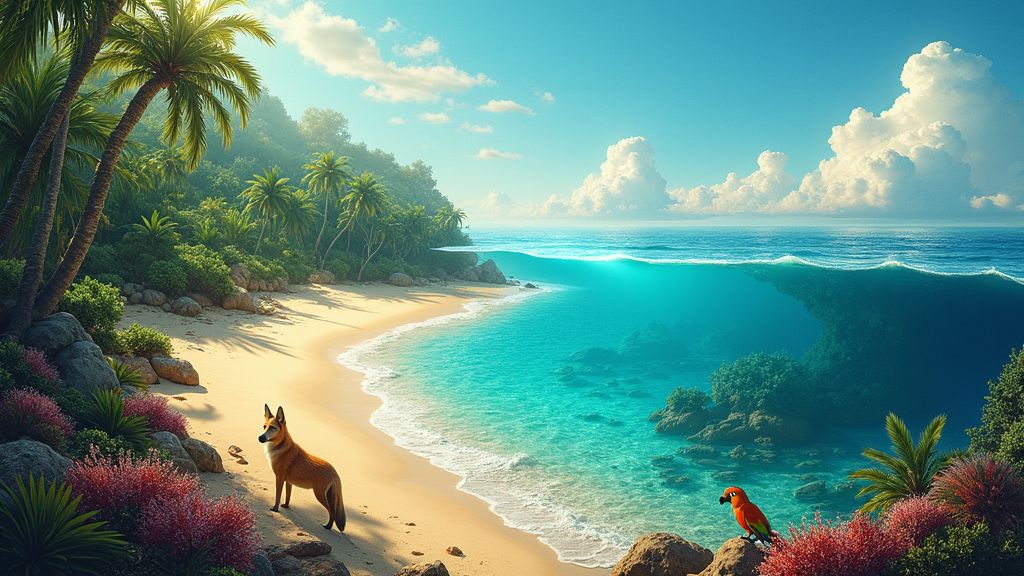Fascinating Facts About the World’s Most Unique Ecosystems
Have you ever wondered about the incredible diversity and uniqueness of ecosystems around the world? From the lush rainforests of the Amazon to the icy tundra of Antarctica, our planet is home to a wide range of fascinating habitats that support a vast array of plant and animal life. In this article, we’ll explore some of the most unique ecosystems on Earth and uncover some truly surprising facts along the way.
The Amazon Rainforest
The Amazon rainforest, located in South America, is the largest tropical rainforest in the world, covering approximately 2.1 million square miles. It is home to an estimated 390 billion individual trees, representing over 16,000 different species. The diversity of plant and animal life in the Amazon is unparalleled, with new species being discovered regularly. The rainforest plays a crucial role in regulating the Earth’s climate and is often referred to as the ‘lungs of the planet’ due to its production of oxygen.
The Great Barrier Reef
Stretching over 1,400 miles off the coast of Australia, the Great Barrier Reef is the world’s largest coral reef system. It is made up of over 2,900 individual reefs and 900 islands, supporting a wide variety of marine life, including more than 1,500 species of fish. Unfortunately, the reef is under threat from climate change, pollution, and other human activities, with large portions experiencing bleaching events in recent years. Efforts are being made to protect and preserve this unique ecosystem for future generations.
The Serengeti Plains
Located in Tanzania, the Serengeti Plains are home to one of the most iconic wildlife migrations in the world. Each year, millions of wildebeest, zebras, and other herbivores travel across the plains in search of fresh grazing lands. This massive movement of animals is a sight to behold and attracts tourists from around the globe. The Serengeti is also home to a diverse range of predators, including lions, cheetahs, and hyenas, making it a truly unique and dynamic ecosystem.
The Arctic Tundra
The Arctic tundra is a vast, treeless biome that covers much of the Arctic region. It is characterized by cold temperatures, permafrost, and a short growing season, which limits the types of plants that can survive in the harsh conditions. Despite its challenging environment, the tundra is home to a variety of wildlife, including caribou, musk oxen, and polar bears. The tundra plays a critical role in regulating the Earth’s climate by storing large amounts of carbon in its soils.













